International recognition
“I was afraid I’d be sitting here all alone, nothing to do, nobody to talk to,” the German representative of GlobalGap told me, about a month ago, at an international EuroTier press meeting in the German city of Göttingen.
While introducing me into the secrets of GlobalGap – previously better known as EurepGap – she confided she wasn’t sure whether she’d be able to attract as much attention as all company representatives around her. She feared the international journalists would ignore the presence of a non-profit organisation like hers, as it had no real product innovations.
Still, the organisation will not come to EuroTier to be left aside. It certainly does have some new perspectives to offer for the livestock industry as it showed once more this week in Cologne, Germany, at GlobalGap’s annual congress. The organisation announced turkey and shrimp production will also be included in the ‘Good Agricultural Practices’ (GAP) standards.
Full package
In essence, it is a full package of certification procedures, aimed at B2B business between producer and retailer. Buying agricultural products from a GlobalGap-certified producer will tell retailers that these products have been produced according to food safety standards – and if applicable to animal welfare regulations.
As the system achieved success in the fruit & veg business, why not do it for pigs, it was thought a couple of years ago?
The uniqueness, according to representatives at the congress, is the fact that this certification body aims to be recognised internationally. Recognition is key – why bothering with dozens of certification procedures if ‘one size fits all’ – be it in Asia, Latin America or Europe?
Struck home
In several parts of the world, the need to be understood has clearly struck home – as Uruguay has already benchmarked its own livestock rearing certification system to GlobalGap’s – and Brazil and China have also started up similar procedures.
The European countries, knowing that their national food safety body’s standards would be more than sufficient to ensure good food safety and animal welfare, have hardly made any attempts yet when it comes down to pork certification. Things, however, are changing. Some countries in Europe have started to realise that once supermarkets will make GlobalGap certification mandatory – which is likely to happen – they need to have finished the benchmarking. As first movers in Europe, the Danish and Dutch industries have therefore made some rapid steps in that direction recently, aiming to be admitted in 2009.
Attendance
Against that background, I was even more surprised to see the attendance at the congress’ press conference. Did I end up at the wrong floor, I wondered, looking around me and flicking through heavy reports lying around left and right.
After some while waiting, a polite woman came walking up to me, asking whether I was waiting for the international press conference. I nodded. She invited me in – and here I sat –, face to face with the organisation’s chairman Nigel Garbutt. On my own.
A great opportunity for a better introduction, that’s for sure. But sitting there, suddenly I could also sense how his colleague must have felt, in Göttingen, a month ago.
 Beheer
Beheer
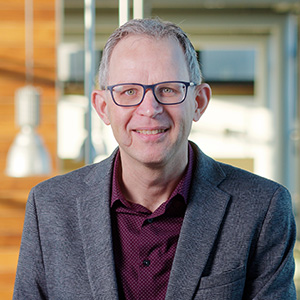
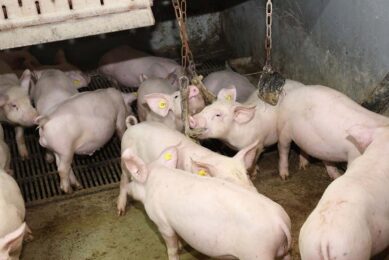
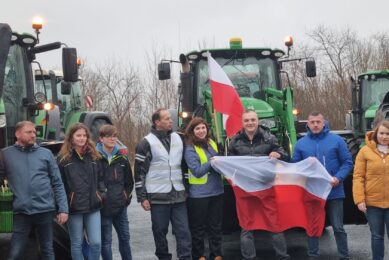
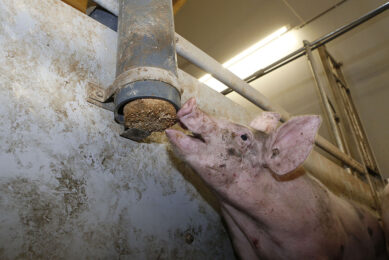
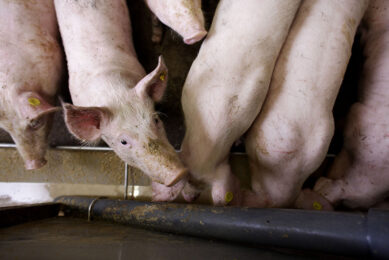



 WP Admin
WP Admin  Bewerk bericht
Bewerk bericht